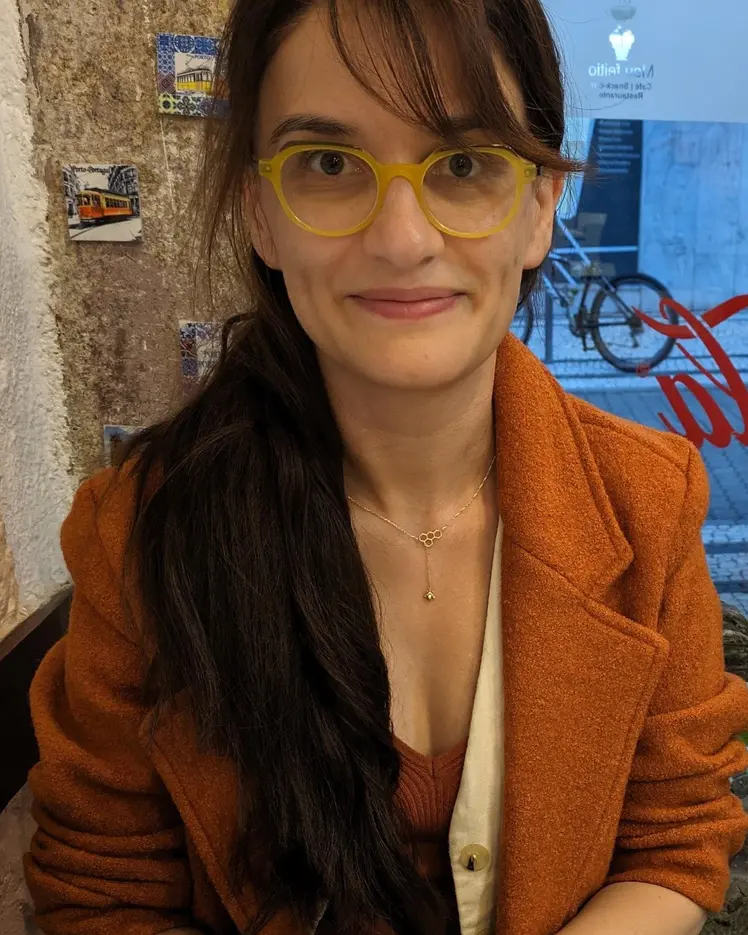Across academia, industry, and government, there is an increasing awareness that the measurement tasks involved in evaluating generative AI
… (see more)(GenAI) systems are especially difficult. We argue that these measurement tasks are highly reminiscent of measurement tasks found throughout the social sciences. With this in mind, we present a framework, grounded in measurement theory from the social sciences, for measuring concepts related to the capabilities, impacts, opportunities, and risks of GenAI systems. The framework distinguishes between four levels: the background concept, the systematized concept, the measurement instrument(s), and the instance-level measurements themselves. This four-level approach differs from the way measurement is typically done in ML, where researchers and practitioners appear to jump straight from background concepts to measurement instruments, with little to no explicit systematization in between. As well as surfacing assumptions, thereby making it easier to understand exactly what the resulting measurements do and do not mean, this framework has two important implications for evaluating evaluations: First, it can enable stakeholders from different worlds to participate in conceptual debates, broadening the expertise involved in evaluating GenAI systems. Second, it brings rigor to operational debates by offering a set of lenses for interrogating the validity of measurement instruments and their resulting measurements.
